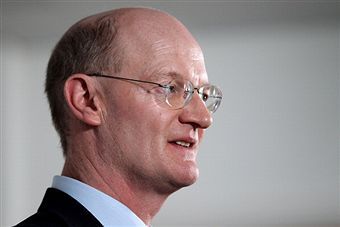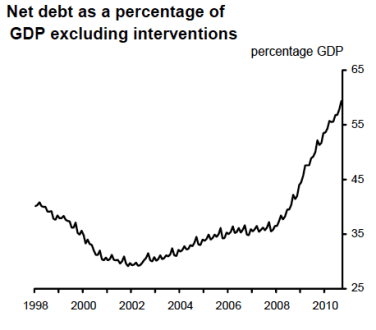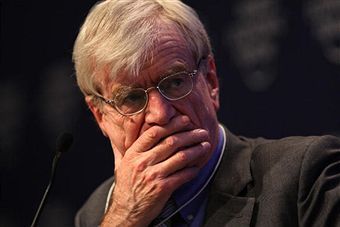Treading the road to recovery
It will have been a quiet morning in the Balls household. Fresh economic indicators suggest that the British economy is not in some cuts-induced recession but, instead, doing rather nicely, thank-you. As I said last week, economic health is assessed by all manner of indices – and the ONS (which is forever having to tear up its GDP forecasts) might just have boobed last week with its preliminary Q4 GDP figures. Today we have the Manufacturing PMI surging to heights not even reached in the early 1990s: Now, this might be a flash in the pan, you say. But then consider corporate liquidity – that is, how much debt

















